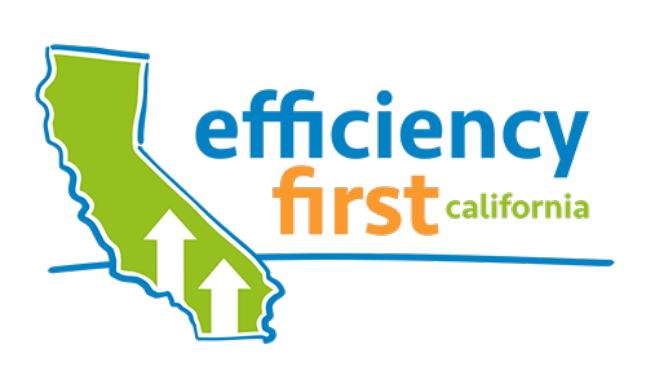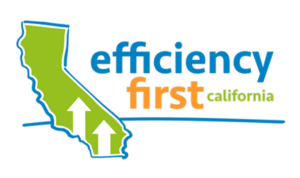New Bill Proposals Related to Electrification
The future of energy distribution is rapidly pointing to electricity as the best fuel source for buildings. There are several reasons for this shift; a push towards Zero Net Energy buildings, declining prices for solar P.V. and storage, and recent advances in heat pump technology. When combined, all of these factors favor electricity as the logical energy source for buildings.
California’s electrical supply is one of the cleanest in the nation. In February of 2018, the grid hit a new high with over 49% of the electricity being provided by clean energy sources. This is above predictions and well ahead of the state’s ambitious energy reduction goals. Yet with all of this progress, our building codes are way behind the times.
The good news is there are several new bills in the works that are intended to address issues with current regulations and provide solutions that will encourage, rather than restrict the use of electricity in our buildings.
Here is a brief summary of new bill proposals related to electrification.
1. AB 3001
Bonta, Paves the way to swap out fossil fuels with clean energy to heat California’s homes and businesses. The bill would require the state to consider the greenhouse gas impacts of burning fossil fuels as part of cost-effectiveness determinations, which currently discourage converting from fossil fuels to electricity. This is a direct response to the state’s “three-prong-test” cost metric, which favors fossil fuel over electricity and discourages “fuel switching”. (Sponsored by the National Resources Defense Council)
2. AB 3232
Friedman, Would require all new buildings to be Zero Net Energy by 2030. The bill also addresses existing buildings by requiring greenhouse gas reductions from existing buildings to be 50% below 1990 levels by January 1, 2030.
3. SB 1477
Stern, Requires the State Treasury Department to create a Zero-Emissions Heating Market Transformation Fund to provide funding for upgrades. In addition, the bill will require the Public Utilities Commission to authorize incentive programs that will transform the state’s market for low-emissions space and water heating technologies.
4. AB 2195
Chau, Requires the State’s Air Resources Board (CARB) to monitor and report on greenhouse gas emissions from out of state natural gas imports. This includes measuring and reporting on emissions due to venting during production, leakage during production, and leakage in the transportation and distribution network. (Sponsored by the Environmental Defense Fund)


